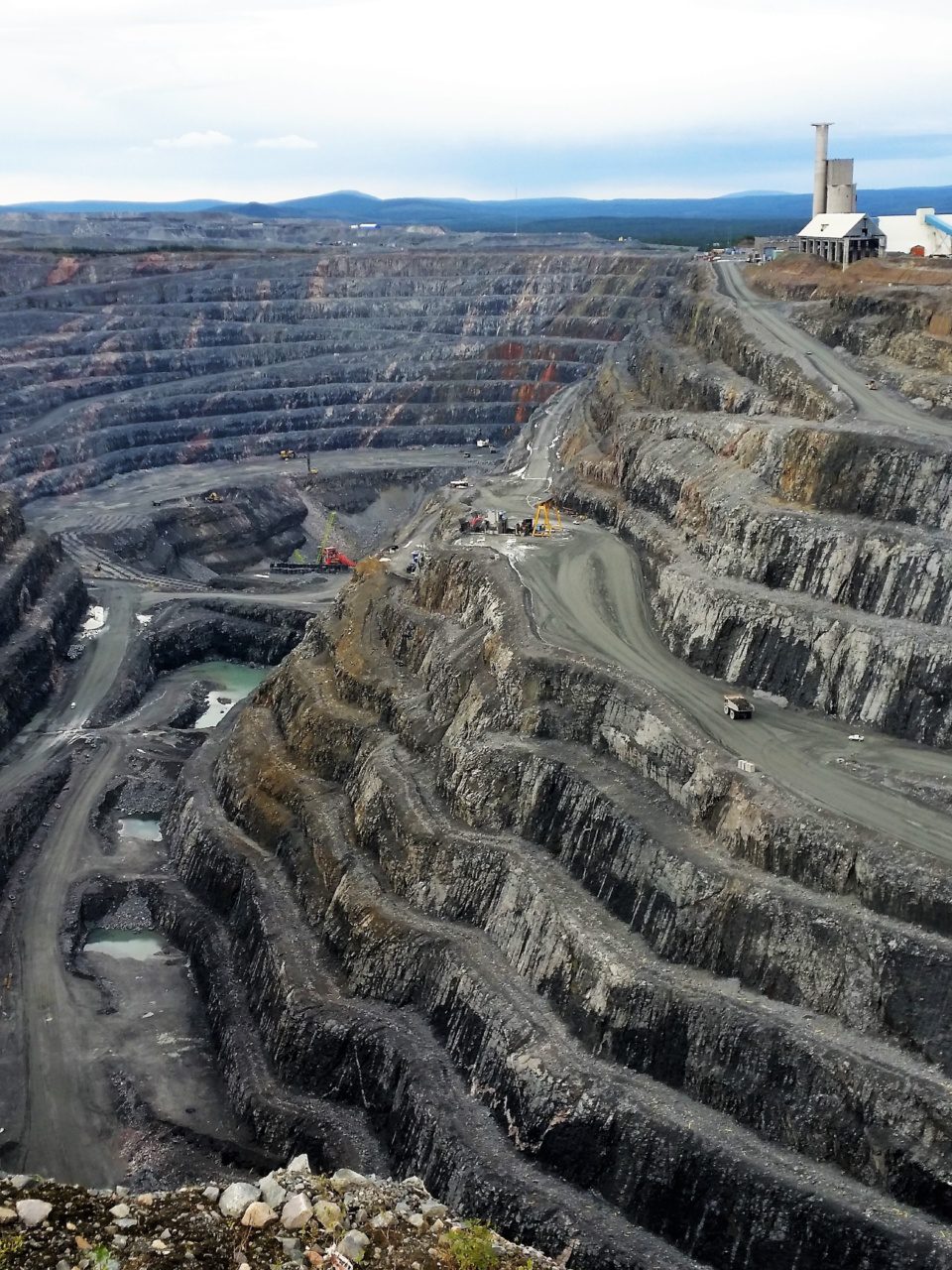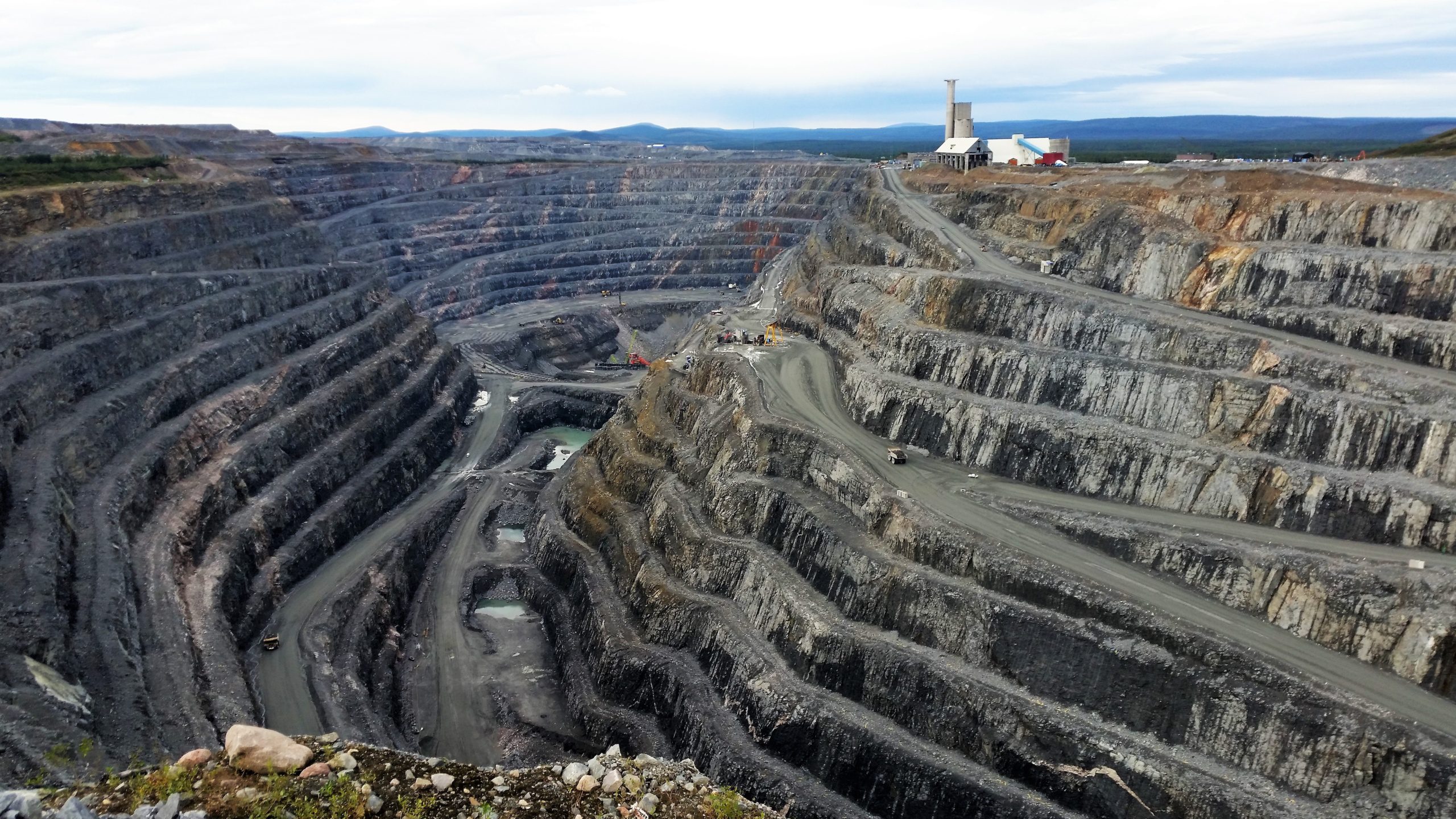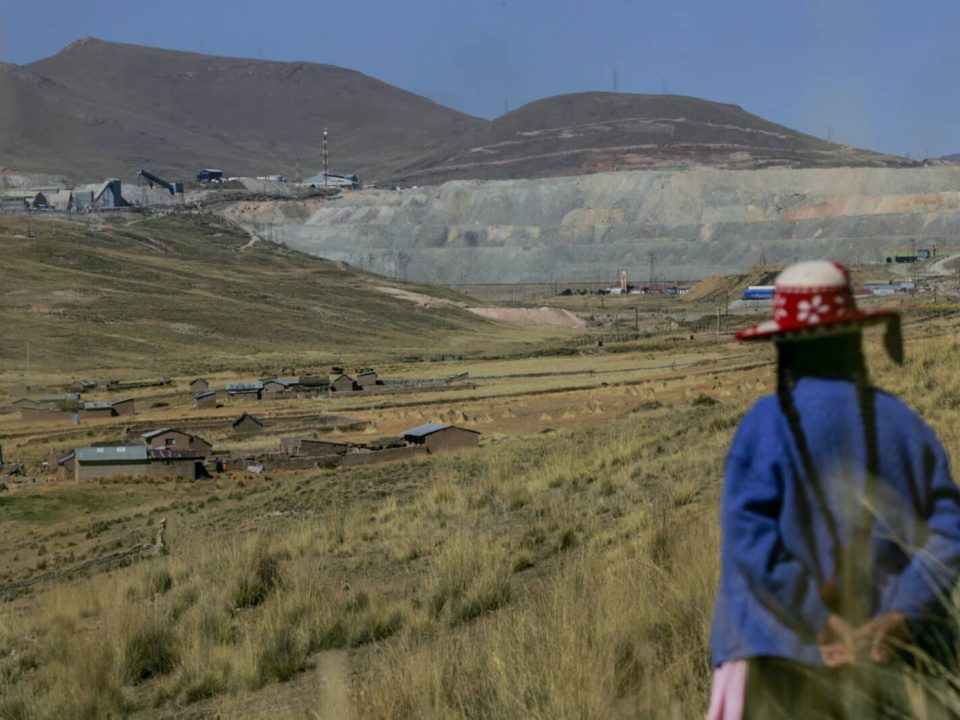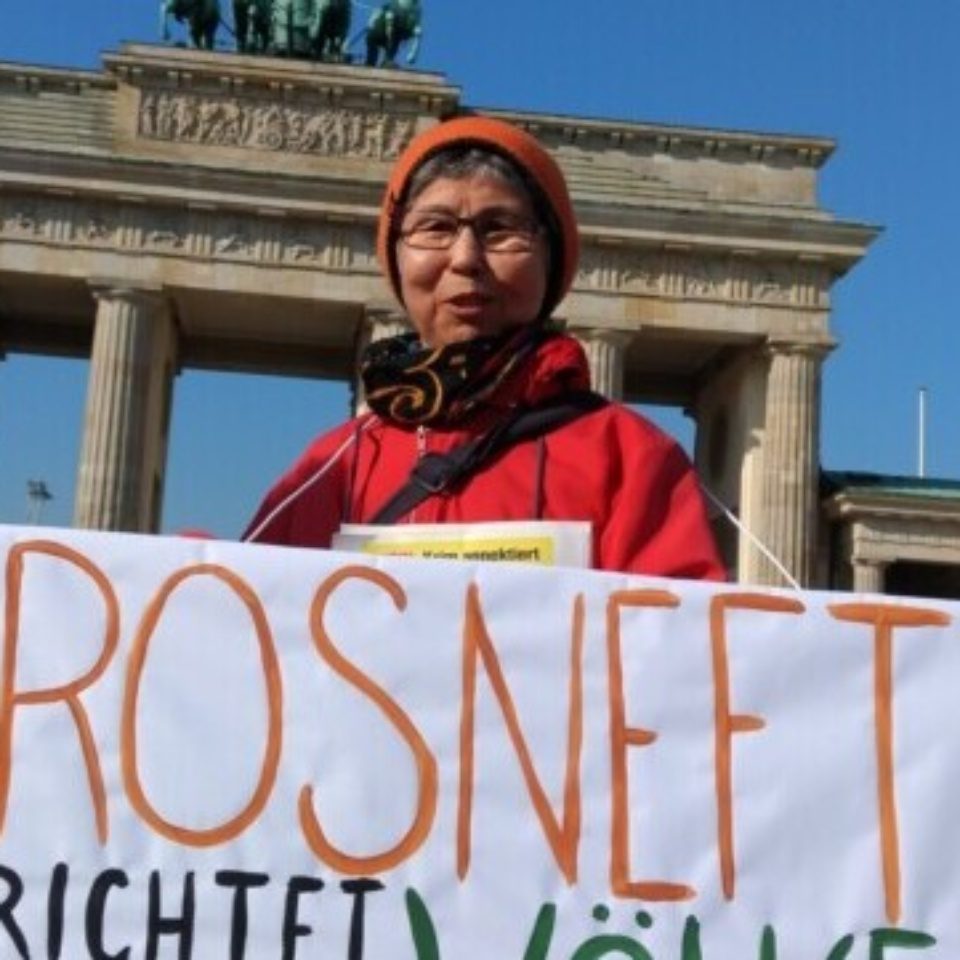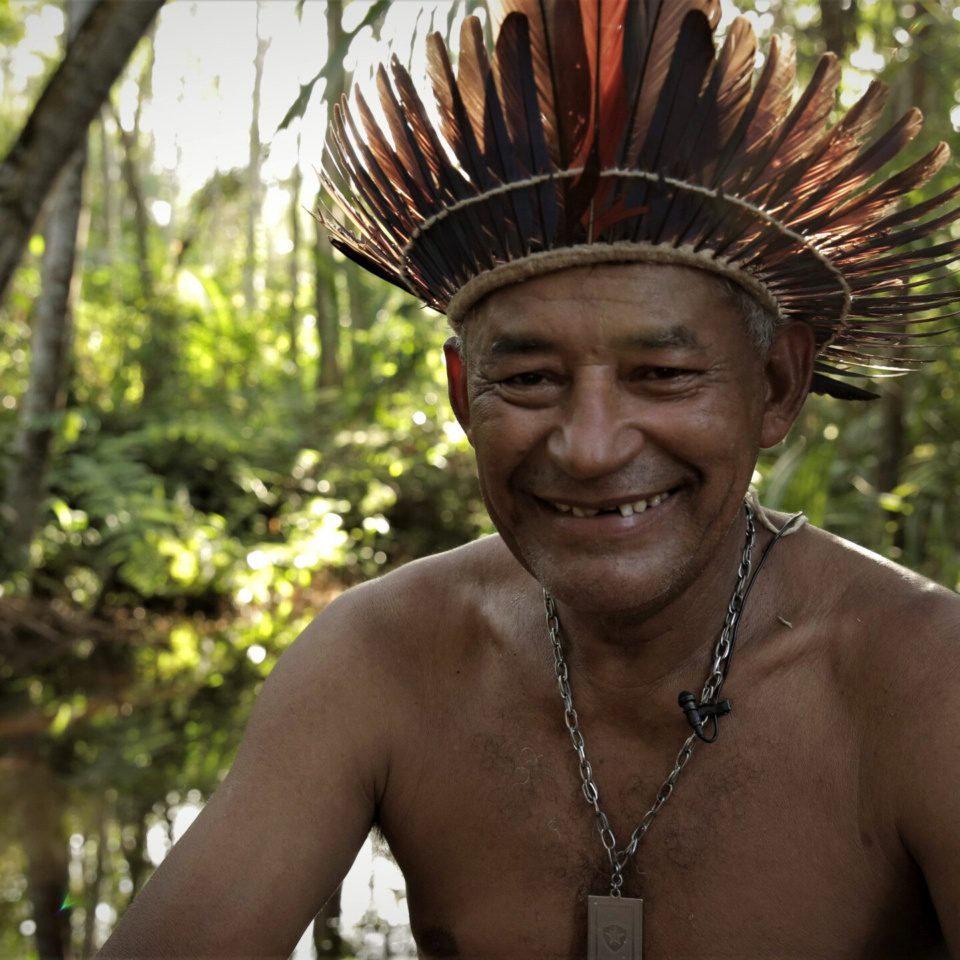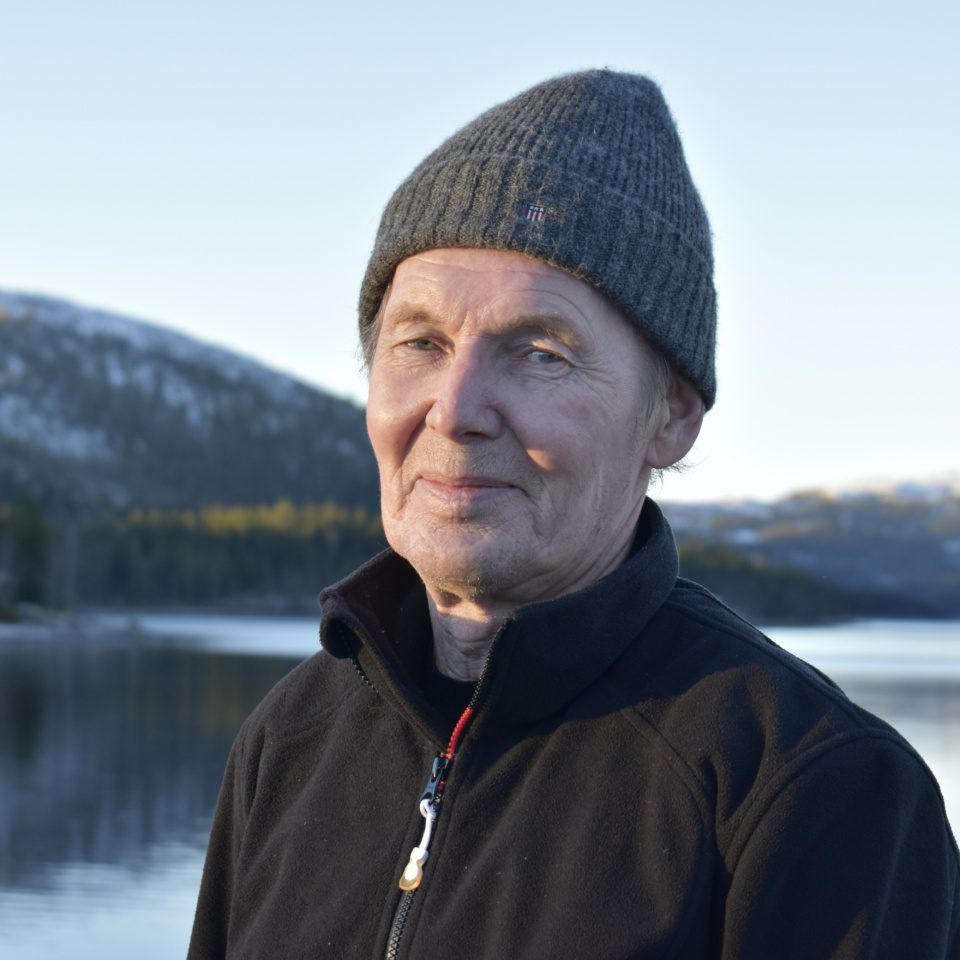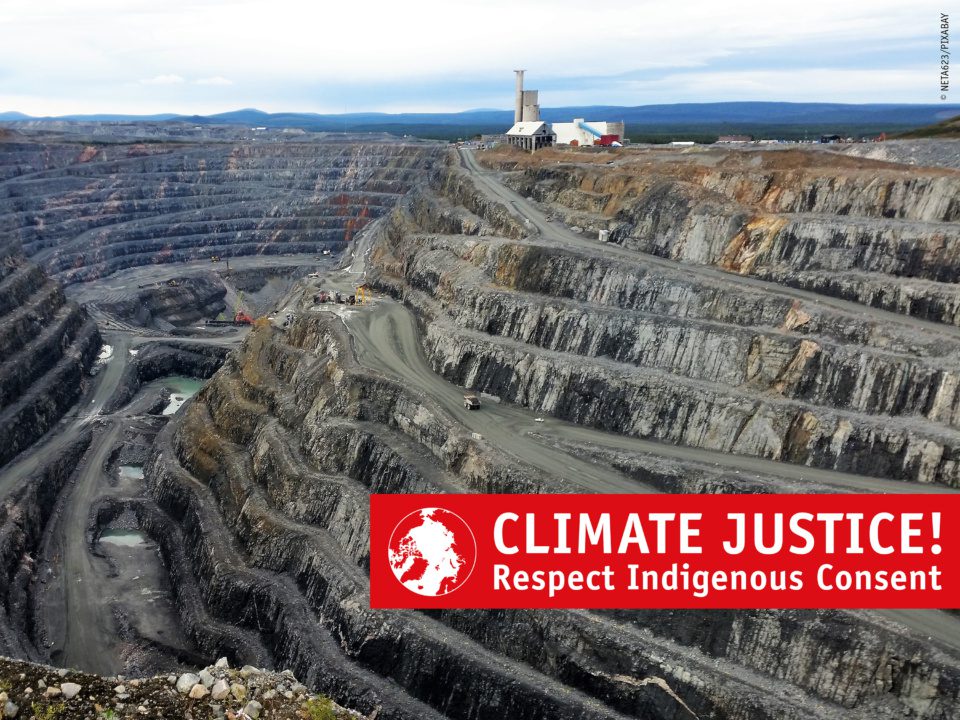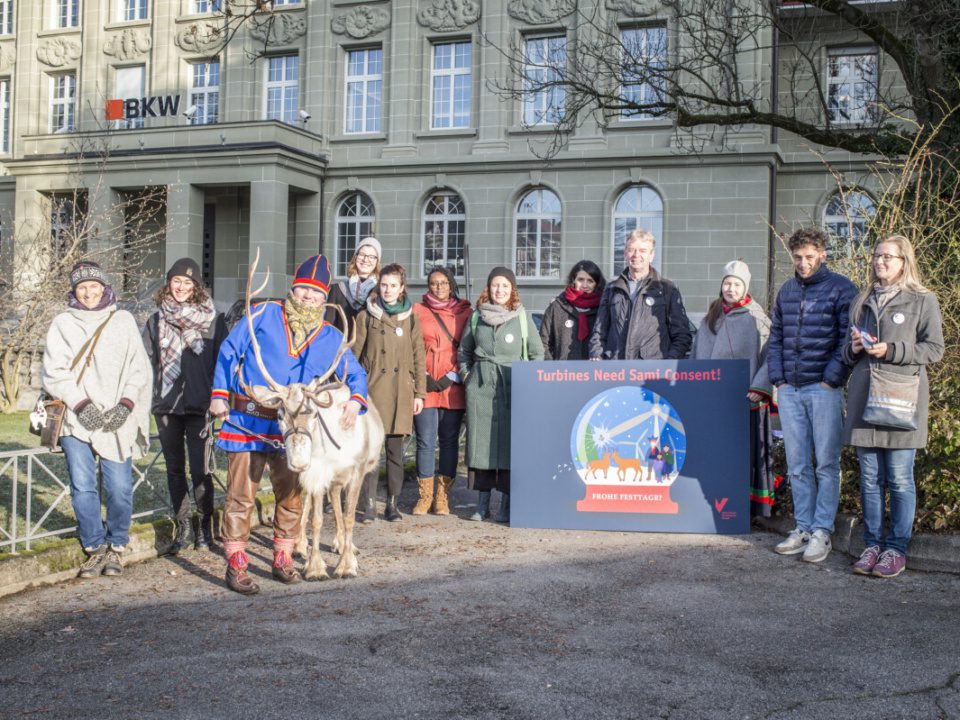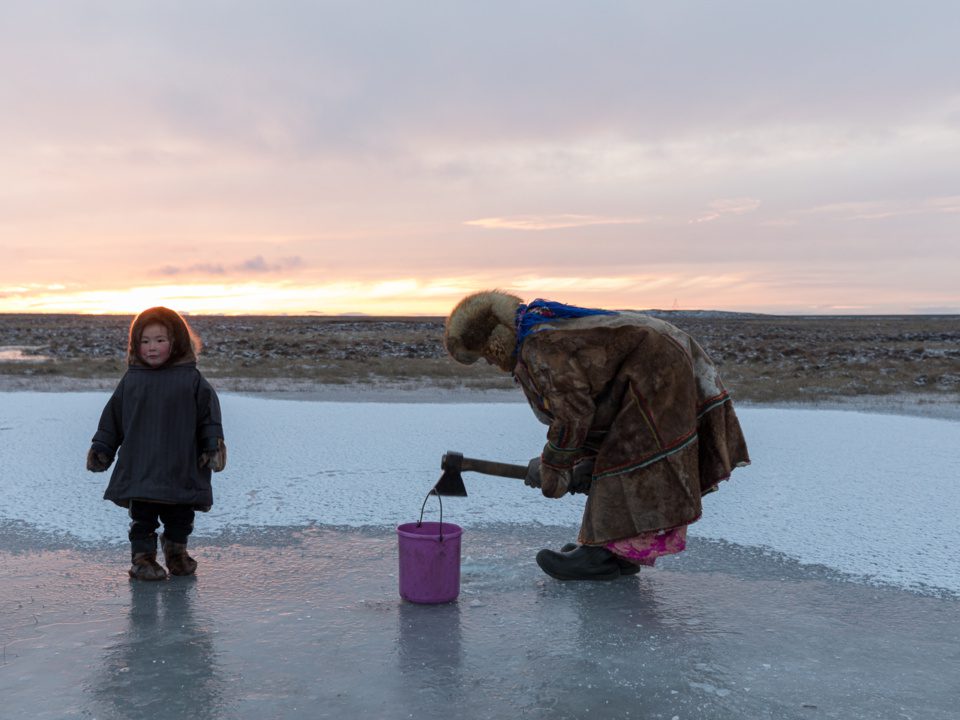Indigenous communities and the energy transition
Indigenous communities and minorities are already today suffering disproportionately from the climate crisis and its effects. Moreover, Indigenous communities and minorities are particularly affected by the great demand for transition minerals and the consequences of mining them.
Awareness of the climate crisis has increased in recent years. Fossil energies have come in for increasing criticism and demands for renewable energies receiving a greater response. The technologies for renewable energies require large amounts of so-called “transitional minerals”, such as lithium, nickel, cobalt and rare earths. Because of the worldwide competition between governments and companies for these sought-after minerals – used among other things for electric vehicle batteries and wind and solar energy installations – mining permits for them are issued with increasing rapidity. However, this is at great risk to natural environments and the people living in them.
Indigenous communities and minorities are already today suffering disproportionately from the climate crisis and its effects. For example, the climate crisis is leading to extinctions of species and thus to reduced bases of subsistence and sources of income. Moreover, Indigenous communities and minorities are particularly affected by the great demand for transition minerals and the consequences of mining them: More than half of the mines for transition minerals are located in or near Indigenous areas. Indigenous rights such as self-determination and the right to Free, Prior and Informed Consent (FPIC) are put under increasing pressure by the planning and operation of these mines, as well as by the building and maintenance of solar and wind power installations. States and corporations are increasingly exploiting Indigenous land under the guise of the so-called “green” energy transition.
This is what the STP is doing for Indigenous rights during the energy transition
Renewable energy technologies and other solutions for the climate crisis must not be implemented at the expense of Indigenous communities and minorities: Their right to assent to or refuse a project on their land must be guaranteed. Indigenous communities must be part of the solution, since not only are they often located in highly biodiverse areas, but they also possess centuries of expertise in dealing sustainably with nature and the environment.
For this reason, as part of the SIRGE (Securing Indigenous Peoples’ Rights in the Green Economy) coalition, the Society for Threatened Peoples supports Indigenous communities in their struggle for self-determination and rights during the energy transition, and is committed to equitable solutions for the climate crisis.
Read our fact sheet for more extensive information on our “Climate Justice. Respect Indigenous Consent” programme.
These are the most important demands of the STP and their partner organisations
Responsibility of the states within the international community:
- Governments must guarantee that Indigenous communities that are affected by mining and infrastructure projects for renewable energies (such as wind or solar installations) are consulted in advance and have the right to give or withdraw their Free, Prior and Informed Consent (FPIC). Therein, self-determined decision-making that is led by Indigenous peoples must be guaranteed.
Responsibility of Switzerland at the political level:
- The STP calls upon political actors not to take forward the needed energy transition at the expense of the world’s Indigenous communities; but to seek solutions that are in harmony with Indigenous and human rights. They must pass corporate responsibility and due diligence laws that make companies accountable for their actions. Moreover, they should set goals for reducing demand (in terms of production and consumption) and promote a circular economy, in order to drastically curtail resource mining.
Responsibility of business:
- Companies must guarantee Indigenous rights, and in particular the right of Indigenous communities to Free, Prior and Informed Consent (FPIC). Indigenous communities must thus be able to take control of the FPIC process themselves.
- Companies at all points on the value creation chain, together with investors and financiers, must embed Indigenous rights (including FPIC) within internal guidelines, supplier codes of conduct and due diligence.
- We call upon companies to join initiatives with strict human rights and environmental standards that are monitored by independent third parties and co-managed by civil society organisations (e.g. IRMA). Important: Companies cannot outsource their own responsibility for human rights to voluntary standards of this kind, but should only use these as one instrument among others
Achievements
In the past few years, the Society for Threatened Peoples, working with its partners, has had a number of successes in its work for the rights of Indigenous communities and minorities in the context of the energy transition.
Talks with Norilsk Nornickel
In the summer of 2021, the STP invited Indigenous activists from the Arctic to come to Switzerland, and confronted Swiss Nornickel investors with the consequences of their investments on Indigenous communities in Russia; resource company Nornickel is responsible for disastrous environmental pollution on Indigenous land. As a result, talks took place between Nornickel and the indigenous people affected.
BKW has committed itself to respecting Indigenous rights
Norway’s supreme court ruled in 2021 that a wind park on the Fosen peninsula is illegal and that it threatens the reindeer herding of the Sami people and their way of life. Bernese bank BKW, which has invested in the project, will in future Respect Indigenous rights and has enshrined the right to FPIC in its internal guidelines. The decisive factor in this respect was a complaint filed by the STP with the Swiss National Contact Point (NCP) and the consequent mediation procedure with BKW.
Credit Suisse ends its business relationship with Nussir ASA
In December 2020, Credit Suisse complied with a demand from Sami communities and the STP and ended its business relationship with the Nussir ASA mining corporation. The two copper mines that the company plans to operate in the Repparfjord area in northern Norway would violate Sami rights.
Talks with Credit Suisse
In 2019, the STP accompanied a Norwegian Sami delegation in Switzerland. In direct discussions with major bank Credit Suisse, the Sami delegates called for it to suspend its services to the planned Nussir copper mine project until a mutual agreement could be reached. The visit had a great impact: The media coverage led to the client involved, whose shares in the company CS holds on a nominee basis, “outing” himself. The Sami can now negotiate with him directly.
Protests against Storheia investments
In Berne, in December 2018, a delegation from Norway, supported by the STP, called upon the participating Swiss firms to use their influence to stop work on the Storheia wind energy project.
Partner organisations
As a member of the SIRGE coalition, the Society for Threatened Peoples campaigns for the rights of Indigenous communities and minorities in the transition to renewable energy technologies. Read more about the coalition and its members here.
Contact person

Silvia Schönenberger
Program Manager "Climate justice and Indigenous Peoples’ Rights”
